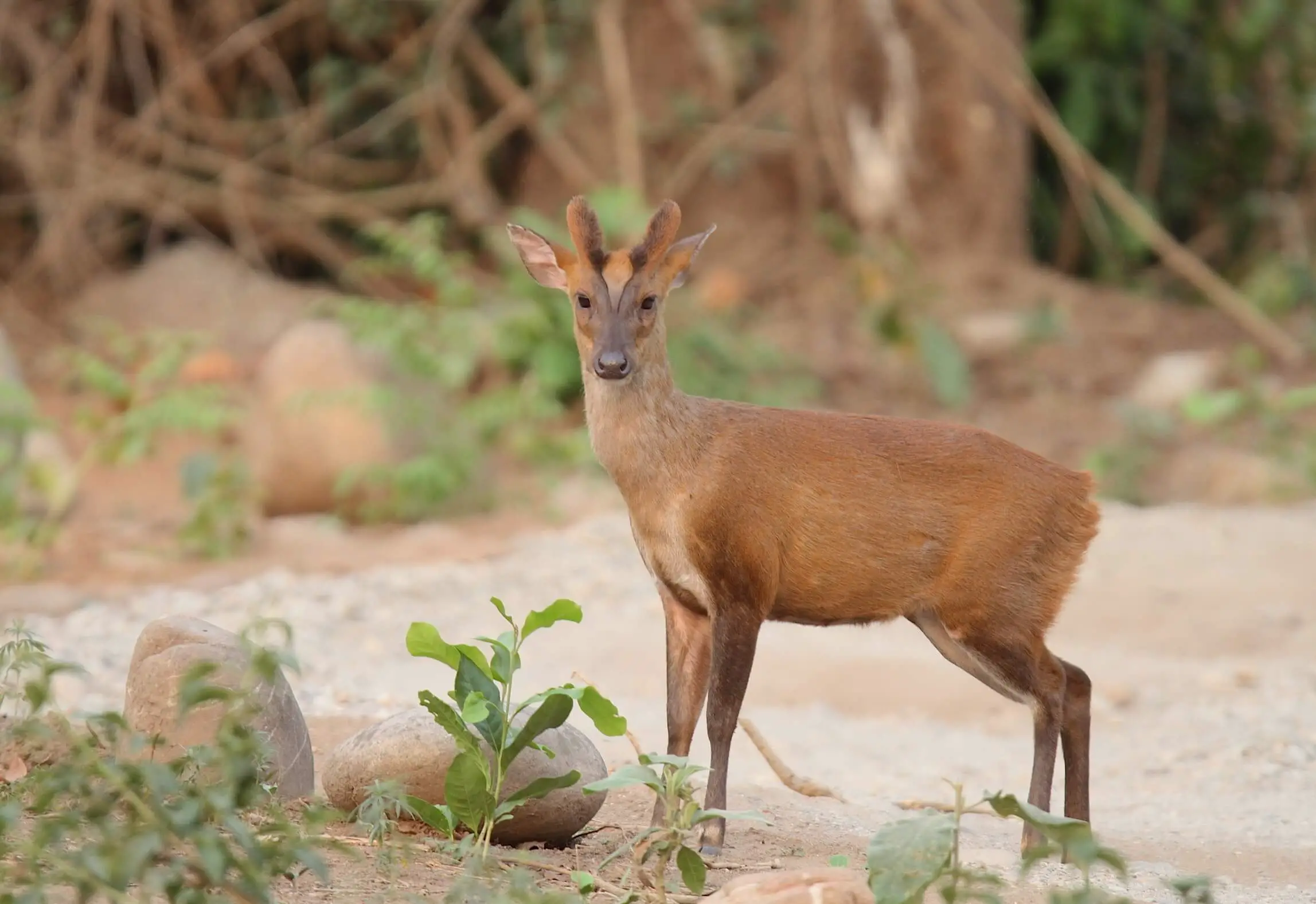The animal with the least number of chromosomes is the male ant, specifically the species called Myrmecia pilosula, also known as the jack jumper ant. This species has the lowest known chromosome count among animals, with just one single pair of chromosomes. The male ants of this species have a haploid chromosome number of 1, meaning they possess one set of chromosomes, while the females have a diploid number of 2, having two sets of chromosomes.
What are chromosomes?
Chromosomes are the thread-like structures in the nucleus of a cell that contain genetic information. They are made up of DNA and proteins, which determine an individual’s inherited traits and characteristics. Chromosomes come in pairs, with one chromosome inherited from each parent. The number of chromosomes varies widely among different organisms, ranging from just one chromosome in some bacteria to over 1000 in certain fern species.
The chromosome count of an organism is determined by counting the number of chromosomes in its cells. This information can provide valuable insights into an organism’s evolution and genetic makeup. Scientists use karyotyping to study chromosomes, a process that involves staining and analyzing the chromosomes under a microscope to reveal their structure and number.
Explanation of DNA and its relationship to chromosomes
DNA a genetic material present in almost every living organism. It carries all the information needed for an organism to develop and function properly. Chromosomes are thread-like structures within the nucleus of a cell that contains DNA. They are responsible for packaging and condensing the long DNA molecules, making it easier for cell division and replication.
- The number of chromosomes can vary among different living organisms. The organism with the least number of chromosomes is the male platypus. It has only ten chromosomes, while most species have more than ten times that number. The haploid chromosome number of a male platypus is one of the smallest known among mammals.
- However, the number of chromosomes is not always proportional to the complexity of an organism. Some organisms, like the domesticated dog, have a similar number of chromosomes to humans, despite having a much different physical appearance and behavior. On the other hand, some species of ants and bees have a high number of chromosomes despite their small size and limited complexity.
How chromosomes carry genetic information
Chromosomes are crucial structures within cells that carry genes, the basic units of heredity that encode traits and functions. While most organisms have more chromosomes than humans, some have surprisingly few. Here are several examples of animals with the least chromosomes and what we know about them.
- Ants: The Hymenoptera order includes many ant species with haplodiploid genetics, meaning that males have half the number of chromosomes as females. The Mariana ant (Proceratium google) has the smallest number observed so far, with only 2 chromosomes, while other ant species may have up to 108 chromosomes.
- Spider mites: These tiny arthropods (Family Tetranychidae) have strange sex determination systems and variable chromosome numbers, but some species have only 6 chromosomes (3 pairs) total, consisting of one sex chromosome and five autosomes.
- Bryophytes: These non-vascular, spore-producing plants use a unique system of sex determination called the UV system, where spores can develop into either male or female gametophytes depending on the presence of U or V chromosomes. The common liverwort (Marchantia polymorpha) has only 8 chromosomes (4 pairs).
- Diploid frogs: Unlike most frogs that are polyploid, the North American plains leopard frog (Lithobates blairi) has a diploid genomic status, meaning it has only 26 chromosomes (13 pairs), the lowest diploid count known in mammals.
- Nematomorphs: These long, thin worms have been found in freshwater habitats worldwide and have some peculiar features, including their tiny genomes and low chromosome numbers. The horsehair worm (Spinochordodes tellinii) has only 9 chromosomes (4 pairs) and is known for manipulating its cricket host’s behavior.
While having fewer chromosomes does not necessarily mean an animal is simpler or less diverse than others, it does highlight the remarkable adaptability and evolution of genetic systems across the tree of life. Further research on these and other species with unique karyotypes can shed light on the mechanisms and consequences of genetic variation.
What animal has the least chromosomes?

Muntjac deer have the least number of chromosomes among mammals. Muntjacs are mainly distributed in Asia and are known for their small size and barking sound. Indian muntjacs have only 6 chromosomes in females and 7 chromosomes in males, with the additional chromosome being the Y chromosome. Chinese muntjacs, on the other hand, have the same chromosome number as humans, i.e., 46 chromosomes.
Scientists from the University of Vienna, the Chinese Academy of Sciences, and the Northwestern Polytechnical University studied the genomes of muntjac species to understand the causes and consequences of chromosome reduction. They found that a glaciation event caused a drastic decline in muntjac population around one million years ago. The historical population shrinkage might have led to the observed massive chromosome fusions in muntjacs. Muntjacs have coped extremely well with these dramatic chromosome rearrangements during their evolution.
Conclusion
Scientists have long been fascinated with the diversity in chromosome numbers across species. The question of which animal has the least chromosomes has intrigued many. Recent research has shed light on this topic. It turns out that the animal with the least chromosomes is the male platypus with just ten chromosomes. This unique creature is a monotreme, a subclass of mammals that lay eggs instead of giving live birth.
In contrast, the animal with the most chromosomes is the marbled lungfish with a whopping 132 chromosomes! The size and number of chromosomes can vary widely between species, and scientists are still working to understand the reasons behind these differences. However, this research helps to fill in some gaps in our understanding of the incredible diversity of life on our planet.
References:
https://www.quora.com/Which-organism-has-the-least-number-of-chromosomes

I’m Christopher Benjamin, a dedicated Animal Nutritionist at Ethos Veterinary Health with a Bachelor of Science in Animal Science from Michigan State University. My lifelong passion for animals led me to establish AnimalsData.Com. Here, I share expert advice, educational resources, and inspiring stories to empower fellow pet lovers worldwide. Join our community as we celebrate the beauty and diversity of our beloved animal companions!
